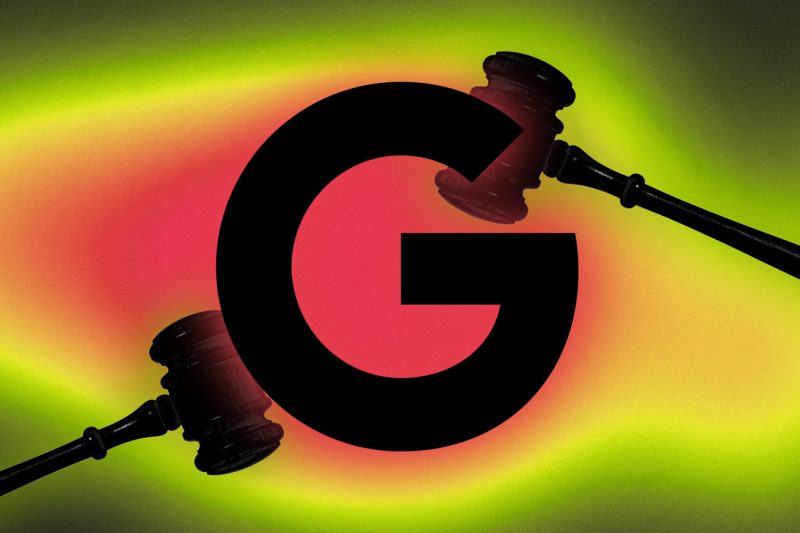Google Hit With Class-Action Lawsuit Over Chrome’s Data Collection
The tech giant Google finds itself in legal hot water once again, this time facing a class-action lawsuit over the data collection practices of its popular web browser, Chrome. The lawsuit alleges that Google has been collecting and tracking user data without proper consent, violating user privacy and potentially breaking consumer protection laws. This latest legal challenge could have significant repercussions for Google and the way tech companies handle user data in the future.
The issue at the heart of the lawsuit revolves around Google’s alleged use of Chrome to track users’ online activities and collect their personal information without clear and explicit consent. This data collection reportedly extends beyond what is necessary for the functioning of the browser, raising concerns about the extent of Google’s data-gathering practices and the potential misuse of personal information.
The class-action lawsuit represents a broad group of users who have used Chrome and had their data allegedly collected without proper consent. This includes individuals who may have been unaware of the extent to which their online activities were being tracked, highlighting the need for greater transparency and accountability from tech companies when it comes to data privacy.
Google has long faced scrutiny over its data collection practices, with privacy advocates and regulators raising concerns about the company’s handling of user information. This lawsuit is the latest in a series of legal challenges that Google has faced over its data practices, underscoring the growing scrutiny and pushback against tech companies that prioritize data collection over user privacy.
The outcome of this class-action lawsuit could have far-reaching implications for Google and the tech industry as a whole. If the court rules in favor of the plaintiffs, Google could be forced to pay significant damages and be required to implement stricter privacy measures to prevent future data collection abuses. This could set a precedent for other tech companies and lead to increased regulation and oversight of data collection practices in the industry.
As the legal battle unfolds, it is clear that the issue of data privacy and user consent will continue to be a key point of contention between tech companies and consumers. The outcome of this lawsuit could have a lasting impact on how tech companies approach data collection and privacy, shaping the future of online privacy and user rights in the digital age. Google’s handling of this class-action lawsuit will be closely watched by both privacy advocates and industry stakeholders as a test case for corporate responsibility in the era of big data.
